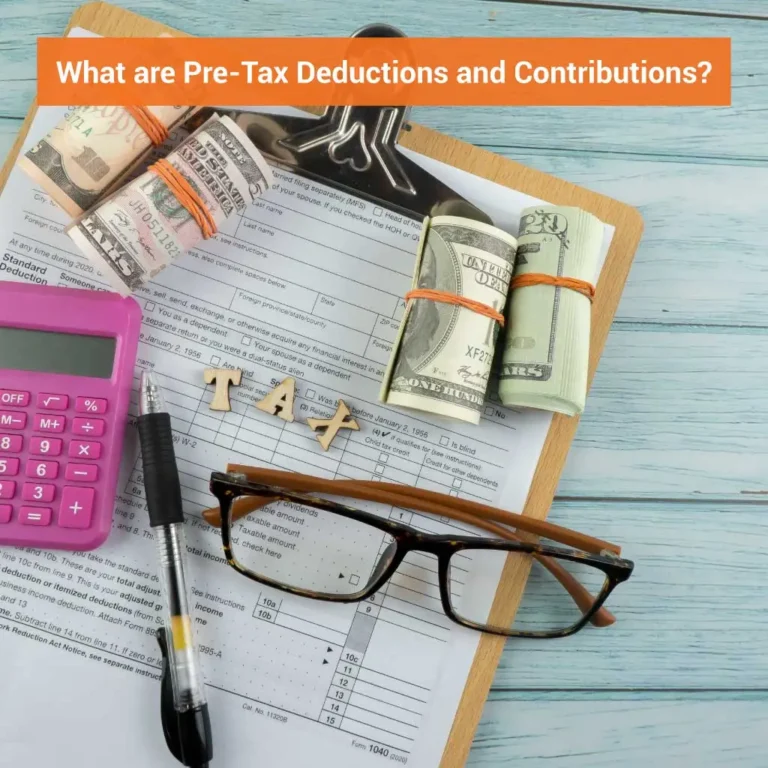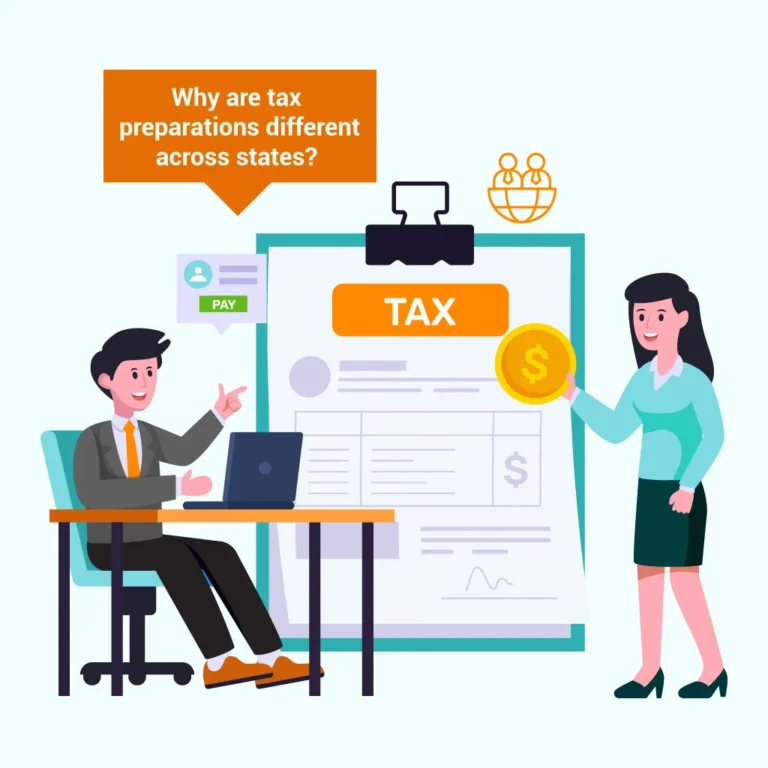Honing your financial skills is like getting in touch with your spidey senses.
Financial literacy means having the skills and knowledge to make informed and effective decisions using all of the financial resources available to you.
In other words, financial literacy is like having a superpower that you know how to use well.

If you’ve seen any Avenger movies, you know how each member acquired their skill.
For example, Spiderman got bit by a spider, and Captain America got his powers from a serum, but just possessing those powers wasn’t enough for them to gain superhero status. They each had to fall, take punches, and deal with trials and tribulations before they could hone their skills and become the awesome superheroes they are today.
The Avengers didn’t learn how to be superheroes from reading a book. They needed to get out there and mix it up, which meant they had to fall on their face, get back up, and try again. They sought help, got support from others, and kept working at it.
You see, when we are given a tool, we have to understand how to use that tool properly if we are going to be successful, which takes lots of practice!
That’s life!
What is Financial Literacy?
According to Investopedia, “Financial literacy is the ability to understand and effectively use various financial skills, including personal financial management, budgeting, and investing. Financial literacy is the foundation of your relationship with money, and it is a lifelong journey of learning. The earlier you start, the better off you will be because education is the key to success when it comes to money.”
Thank you, thank you, and thank you, Investopedia, for supporting my point!
I emphasized the final sentence in that statement (with an underline) for a good reason.
The earlier you start, the better because education is the key to successful financial literacy.
Let’s talk about sports to make my point.
What if Financial Literacy was a sport?
Sports are an obsession in America. Whether it’s baseball, football, or basketball, almost everyone in the US knows a little something about sports, and most will agree that if you want to excel in sports, you must start training as early as possible.
The earlier you begin to practice a sport, the more successful you can become. You start to develop muscle memory, coordination, growth, a feel for the game, and a better understanding of the rules and different strategies. You gain more insight into the sport and foster good habits by putting in the work. It requires a lifetime of focusing on the goal, active training, coaching, study, and more
These are the actions that propel an athlete toward success.
While the sporting experience is often emotional, especially when parents get nostalgic for their “high school glory days” or young people who dream of being a future superstar, finance is a whole other ball game (pun intended).
There is so much human emotion attached to money and finance that things get complicated, but they don’t have to.
Managing Money and Managing Our Emotions
I once read an article about software programmers in Silicon Valley who became rich virtually overnight. These were young professionals who owned the companies they helped build, and their IPOs made them instant multi-millionaires. As a result, there was a surge in the number of programmers seeking counseling.
Can you imagine? Counseling!!! Because they were financially successful?!?
It turns out the programmers didn’t feel worthy of all that money, and they were confused.
It sounds weird. Right?
For most of us, the thought of having lots of money seems pretty awesome. However, we shouldn’t judge because the truth is that managing our finances can be incredibly emotional.
Money Doesn't Have to be Taboo
Sadly, the subject of money is often taboo for most people.
You’ve probably heard the saying, “Money is the root of all evil.”
You’ve probably never heard the saying, “Football is the root of evil,” unless, like me, you’ve spent countless hours cursing the results of a Colts game.
But, what if we treated money like football?
Let’s imagine that your family is your favorite NFL team? (In this scenario, NFL stands for the National Family League.)
You would talk enthusiastically about your favorite team and know all vital player stats, like how mom saved $5,000 in three months, invested in three unicorns, and has a lifetime investment return of 11.6% per year. It would foster discussions about earning, saving, and investing money, and you would argue at the dinner table about who is the greatest player of all time.
A “touchdown” might be putting away $15,000 in your 401(k) over the year. A “pick-6” would be a budget turnaround where, instead of creating debt from overspending, you created an emergency fund and some positive cash flow into your savings account.
You wouldn’t have to be angry on Monday morning because your team lost over the weekend. Instead, you’d be celebrating the progress you made toward reaching your financial goals as you moved in a positive direction. Your favorite sport, the game of financial literacy, would be based on the actions of you and your family, not a team of players that you don’t even know.
How great would that feel?
Financial Literacy for Beginners: Avoiding the Zero-Sum Game
I came from a big family, and my parents never seemed to get their fair share. We never had nice things, like a great car, designer clothes, or a fancy house.
It always felt like we were playing a zero-sum game. That means there is only so much wealth to go around. If you get more, that means I get less. If you get two million more, I get two million less, so the sum of those transactions is zero. It always felt like the deck was stacked against us.
So, I focused my efforts on building financial literacy by accumulating knowledge and putting what I learned into action. After all, if you don’t know how to use a hammer, it becomes just another piece of metal with a handle.
Check out this video we made for some valuable basic financial knowledge:
Financial Literacy: Creating Your Own Superhero Journey
Your journey may be quite different from mine.
I was obsessed with learning about money. I wanted the knowledge, practice, and financial literacy needed to escape that zero-sum game.
For me, it meant:
- Acquiring an undergraduate degree in accounting
- Studying and passing my CPA exam
- Working in the profession
- Studying and passing my CFA exam
- Studying and passing my CFP exam
- Working in the profession
- Studying and passing my MBA coursework
- And, once again, working in the profession.
Maybe it was overkill.
Maybe I’m officially nuts.
Maybe you don’t have to go to the lengths that I did, but we all need to have a basic level of financial literacy. All it takes is a little effort and practice.
But, back to the emotion of money, do you think that I ever got over my insecurities about money?
No!
Even though I have acquired a solid toolset for financial literacy, some of my “rich friends” beat me by a decade before I even started my financial journey.
How?
They weren’t afraid of money. The subject wasn’t taboo. They spoke about it in their homes, around the dinner table, as easy as they would discuss the weather. They understood the concept of spending less than you earn. They understood how to secure good jobs. They understood the stock market by discussing the economy while buying (and selling) stocks. They asked for advice from their parents when buying a car. And they weren’t afraid to seek financial assistance during college and after.
That’s because they learned how to manage their money over time and make solid financial decisions.
Financial Literacy = Knowledge + Practice

Do you know how difficult it is for a high school athlete to break into pro sports?
I read an article that said 1 in 2,500 high school players make it to the pros.
That means you have a better chance of being hit by lightning!
However, when you look at high school athletes who have parents who played professional sports, you’ll find that they are many times more likely to follow in their footsteps. That’s because they learned from an early age:
- What it takes to get there.
- The mental game.
- The work required.
- The skillset needed.
- The path to success.
Sports can teach you a lot about life. But, when you spend some of that time, early on, focused on learning how to play the financial game, imagine how you’ll help your kids win at the game of life!
We built this website, podcast, and YouTube channel to start the conversation to help your kids start building their financial literacy superpowers today.
Don’t know where to start? Check out our podcast entitled, “What is Financial Literacy”:
The Path to Financial Literacy
I didn’t find a money mentor until much later in life. I hope that we can provide you with the same financial insights you might expect from having your own money mentor.
If you know someone that you feel comfortable speaking to, talk to them. If they’re successful and willing to spend the time to teach you, ask them questions. Learn what you can and use that knowledge to be financially healthy and prosperous. If you need help that you can’t find elsewhere or you want to learn more on your own, take a look at what we have to offer.
The earlier you start helping your kids get comfortable with money concepts, the better. It means the faster they can start learning good habits. You’ll then be able to set them off into the world with the right tools to make great financial decisions that will make their lives better, and you can stop worrying.
That’s the superpower known as financial literacy.









